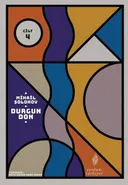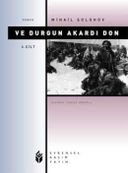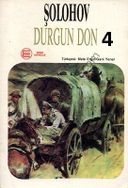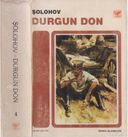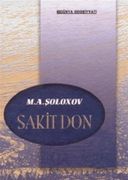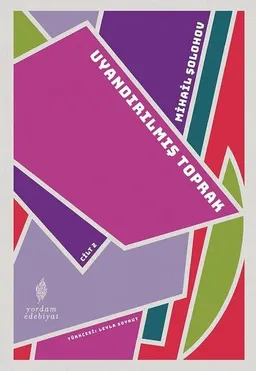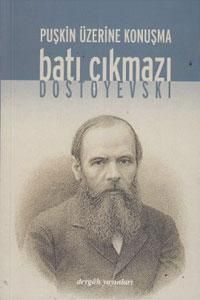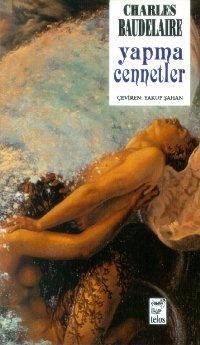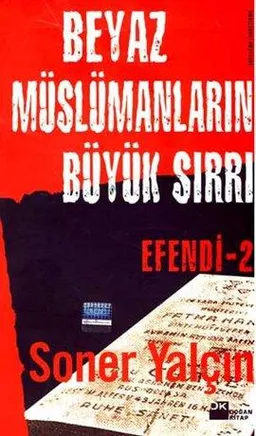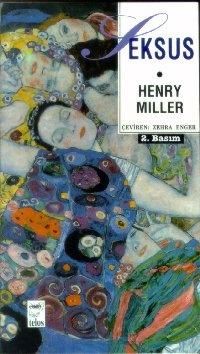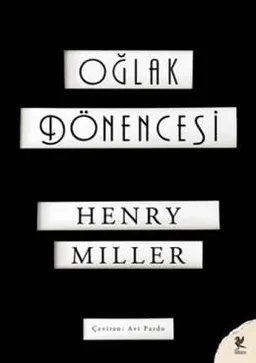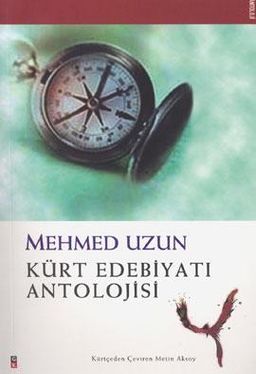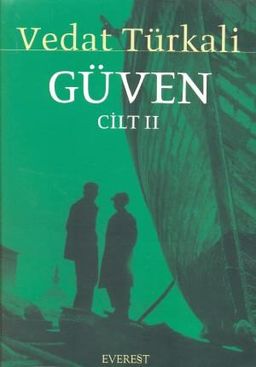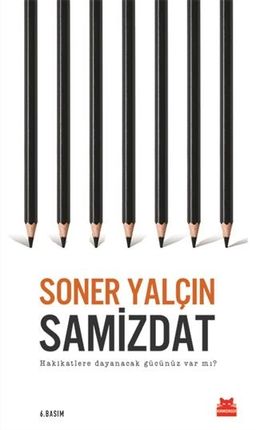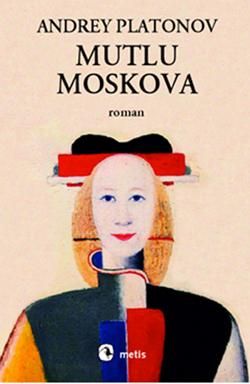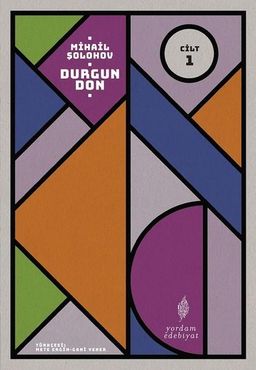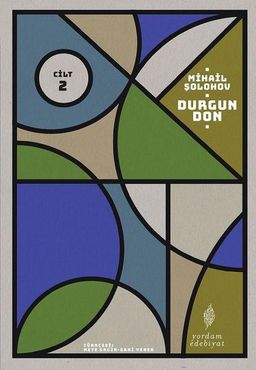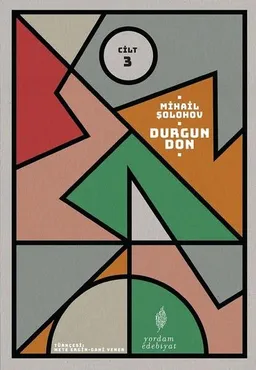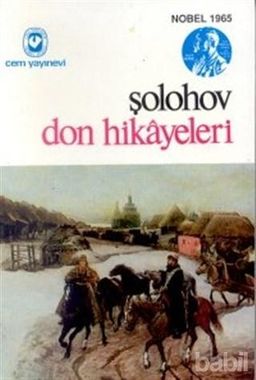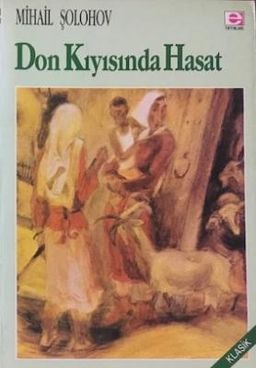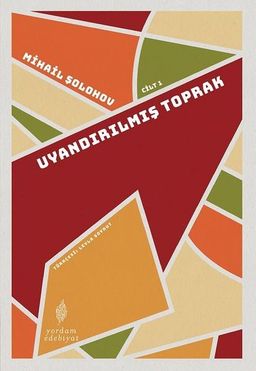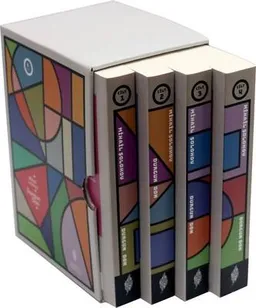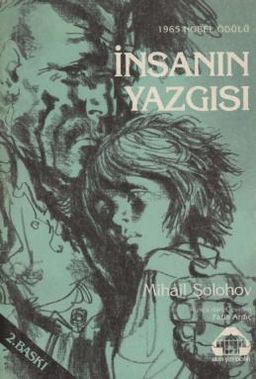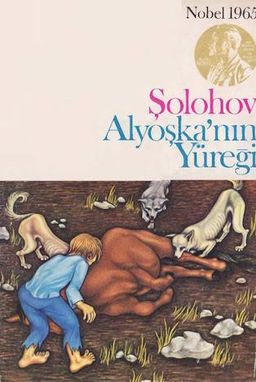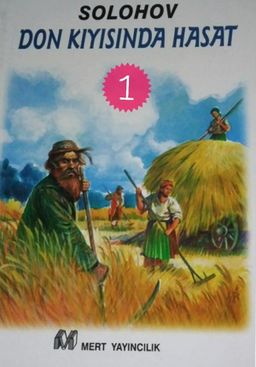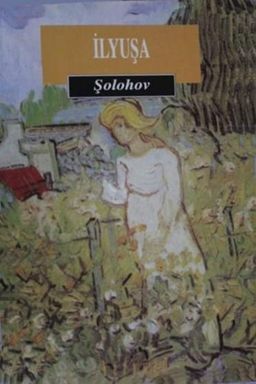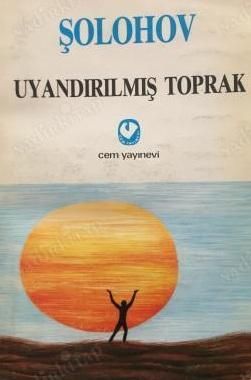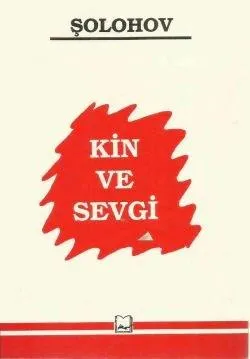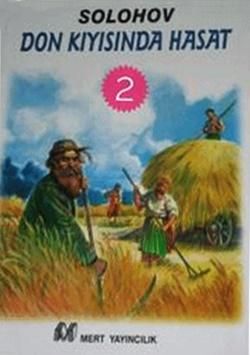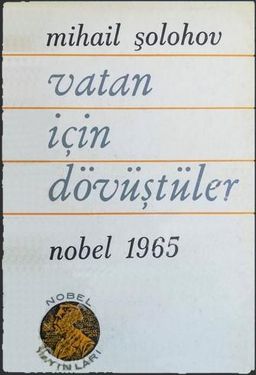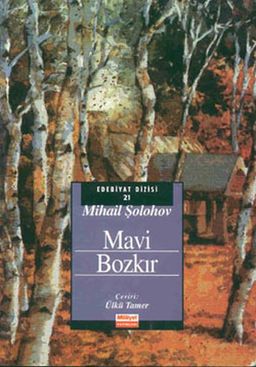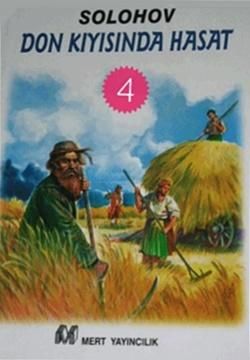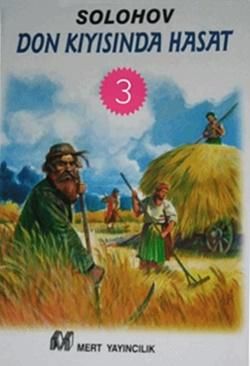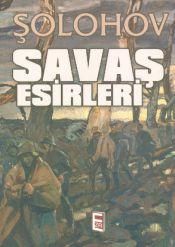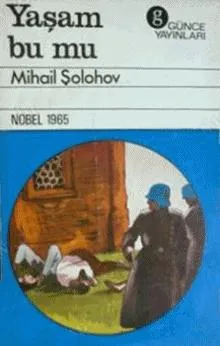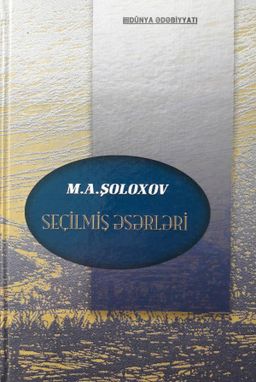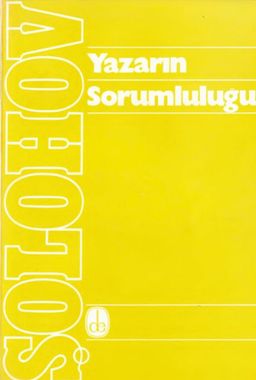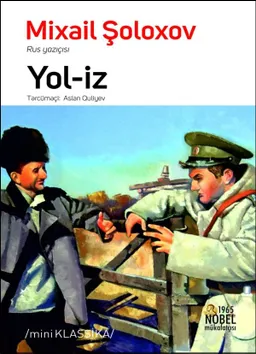Durgun Don - Cilt 4
Mihail ŞolohovAbout Durgun Don - Cilt 4
Durgun Don - Cilt 4 subject, statistics, prices and more here.About
Mihail Şolohov’un başyapıtı Durgun Don’un her bir cildinde farklı bir tarihsel kesit öne çıkar.
İlk ciltte, Don Kazaklarının geleneklere bağlı yaşamları canlı tablolar halinde anlatılırken, bir yandan da havada yaklaşmakta olan I. Dünya Savaşının ölüm kokan nefesi duyulur. İkinci cilt, Şubat ve Ekim Devrimleri ile birlikte eski Rusya’nın çöküşünün hikâyesidir. Don Kazakları, bütün halklar gibi barışı özlemektedir ama İç Savaş da hemen kapıdadır. Üçüncü cildin tarihsel arka planında, General Krasnov’un, Bolşeviklerin yenilgisi halinde bağımsız bir Don’un mümkün olabileceği yalanıyla Ataman seçilişi ve Kazakları ayaklanmaya ikna etmesi vardır. Dördüncü ve son cildin arka planı ise, Ekim Devrimi sonrasında yaşanan İç Savaşın sona erişidir. Uzun ve çetin çatışmalardan sağ çıkanların eve dönüş hikâyeleri, bu büyük romanı okuyanların âdeta hafızalarına kazınır.
Bu büyük eser Türkçeye, üç çevirmenimizin ortak ve yoğun emeğinin bir ürünü olarak kazandırıldı. Mete Ergin ve Gani Yener’in birlikte yaptığı çeviriyi Hasan Âli Ediz Rusça aslıyla karşılaştırdı. Okurlar, Rus halk edebiyatı ile Rus klasik edebiyatını kaynaştıran Şolohov’un parlak edebî biçemini bu titiz çeviriden zevkle takip edecekler...
• • •
“Karanlıktır Don’da haziran geceleri. Kasvetli sessizlik içinde altın rengi yaz şimşekleri çakar bileğitaşı karası gökyüzünde, yıldızlar kayar, ırmağın hızlı akıntısı üzerinde yansır. Bozkırdan esen kuru, ılık bir rüzgâr, çiçeklenen kekiğin ballı kokusunu taşır evlere. Alçakta kalan yalı boyunda nemli ot, ıslak kum ve rutubet kokusu vardır. Yelve kuşları öter hiç durmadan ve ırmağın kıyısındaki ormanı sis, tıpkı peri masallarındaki gibi, sırma işlemeli gümüşi bir örtüyle örter.”
Author: Mihail Şolohov
Translator: Gani Yener
Translator: Mete Ergin
Türler:
Estimated Reading Time: 14 hrs. 3 min.Page Number: 496Publication Date: 31 May 2021First Publication Date: 1928Publisher: Yordam EdebiyatOriginal Title: Rusça: Тихий Дон, (The Quiet Don)ISBN: 9786051722498Country: TürkiyeLanguage: TürkçeFormat: Karton kapak
Other Editions
Durgun Don - Cilt 4
399 okunmaYordam Edebiyat · 31 May 2021 · 496 syf
Ve Durgun Akardı Don - 4. Cilt
230 okunmaEvrensel Basım Yayın · January 2001 · 488 syf
Durgun Don Cilt 4
40 okunmaEngin Yayınları · 1991 · 598 syf
Durgun Don
34 okunmaSosyal Yayınlar · 1965 · 634 syf
Ve Durgun Akardı Don 4
19 okunmaKor Kitap Yayınları · October 2019 · 512 syf
Sakit Don - Dördüncü Kitab
7 okunmaAvrasiya Press Nəşriyyatı · 2006 · 496 syf
Book Statistics
Reader Profile of the Book
Kadın% 52.0
Erkek% 48.0
0-12 Yaş
13-17 Yaş
18-24 Yaş
25-34 Yaş
35-44 Yaş
45-54 Yaş
55-64 Yaş
65+ Yaş
About the Author
Mihail ŞolohovYazar · 24 books
This text has been automatically translated from Turkmen. Show Original
Mikhail Aleksandrovich Sholokhov was born in Russia in 1905, in the village of Krujilino in Viyesenskaya, in the Don Region. His mother is a Kazakh from this village. His father was from the Riyazan Region of Central Russia and settled on the banks of the Don. When Sholohov was in high school; World War I begins, followed by the 1917 October Revolution and civil war. At the age of 16, he joined the war on the side of the revolutionaries. When the civil war ended, for a while; He works as a porter, stonemason, primary school teacher and journalist. He starts writing at the age of 17. He wrote his first story, Birthmark, at the age of 19. He goes to Moscow in 1922 and works as a journalist. His article called Test is published. But journalism is not enough for a living. During this period, he also worked as a stonemason, dock worker and accountant. He returns to Veshenskaya in 1924 and devotes himself entirely to writing. In the same year, he marries Mariya Petrovna Gromoslavskaya. From this marriage they have two daughters and two sons.
His first book, Don Stories, about the Cossacks during World War I and the Civil War, was published in 1926. In the same year, he begins to write his novel titled And Still Flowed Don -also known as Still Don. It took him 14 years to write this novel and he was awarded the Stalin Order. This novel became one of the most read works of the time in the Soviet Union and received the Nobel Prize in Literature in 1965. He was awarded the Order of Lenin in 1954 with his novel Awakened Earth, which took him 28 years to finish. This novel consists of two parts: The Seed of Tomorrows (1932) and Harvest on the Don (1960). This novel also reflects daily life in the years when collectivism was implemented. His short story, Man's Destiny (Sudba çeloveka), which he wrote in 1957, was also made into a movie. His work titled "They Fought for the Homeland" was not finished.
II. He wrote articles about the war in the Truth (Pravda) Newspaper throughout World War II. His collected works were published in eight books between 1956 and 1960. Sholokhov was accused of plagiarism by Aleksandr Solzhenitsin in his novel And the Don Flowed Still. As evidence, he showed the difference in quality between the work and the author's other works. Sholokhov could prove himself by showing drafts of the novel. However, all drafts have II. He stated that it was destroyed by the Germans during World War II. In 1984, monographer Geir Kjetsa said that as a result of the analysis made on the novel with the help of a computer, the novel And Still Flowed Don appeared to be Sholokhov's work. Later, in 1987, thousands of notes and drafts of the author were found about the novel.
Sholokhov passed away on February 21, 1984, in Rostov province. His grave is in the village of Veshki on the banks of the Don river.
Sholokhov became a member of the Communist Party of the USSR in 1932, of the USSR Academy of Sciences in 1939, and was awarded the title of Distinguished Soviet in 1939. In 1959, he accompanied Soviet President Nikita Kurushkev on a trip to Europe and the United States. In 1961 he was elected to the Central Committee of the Communist Party of the USSR. He was awarded the Socialist Medal of Heroism twice. He served as vice-chairman of the Union of Soviet Writers.
works
And the Don Flowed Stillly - Still Don
Awakened Earth
Harvest on the Frost Shore
Don Stories
They Fought for the Homeland
Blue Steppe
Man's Destiny
Books
Durgun Don - Cilt 1
9/10
Durgun Don - Cilt 2
8.5/10
Durgun Don - Cilt 3
8.6/10
Durgun Don - Cilt 4
9.2/10
Don Hikayeleri
7.8/10
Don Kıyısında Hasat
8.9/10
Uyandırılmış Toprak Cilt 2
9.1/10
Uyandırılmış Toprak Cilt 1
9/10
Durgun Don
9.5/10
İnsanın Yazgısı
8.7/10
Alyoşka'nın Yüreği
8.1/10
Don Kıyısında Hasat 1
7.7/10
İlyuşa
6.7/10
Uyandırılmış Toprak
9.6/10
Kin ve Sevgi
7.6/10
Don Kıyısında Hasat 2
7.7/10
Vatan İçin Dövüştüler
8.1/10
Mavi Bozkır
7/10
Don Kıyısında Hasat 4
10/10
Don Kıyısında Hasat 3
10/10
Savaş Esirleri
6.2/10
Yaşam Bu mu?
7.7/10
Seçilmiş Əsərləri
6/10
Yazarın Sorumluluğu
8.7/10
Yol - iz
0/10
